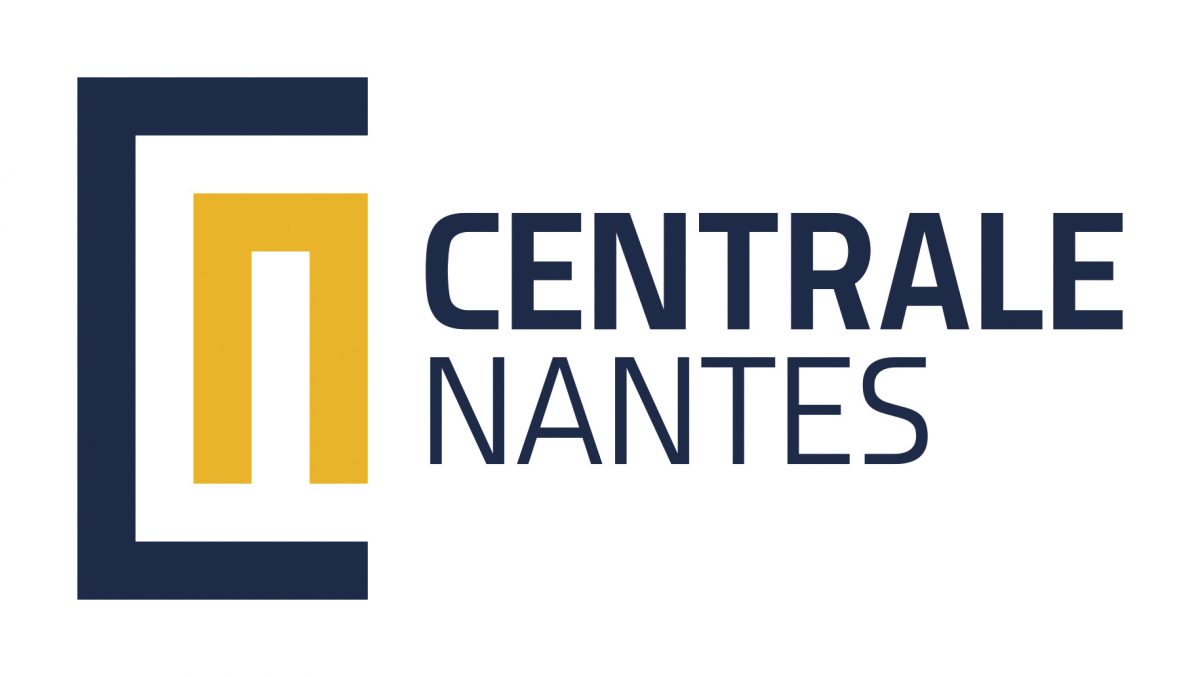Background
The development of floating wind turbines is a key focus for the use of such renewable energy sources. While an important effort has been made on the design of innovative mechanical solutions in order to optimize energy production, ensure the stability of the system and limit the efforts on the structure, it appears that the study of the new control strategies is more limited, especially in France, while it could significantly improve the dynamic behavior and energy performance of the system. Currently, most floating wind turbine control techniques rely on linear representations of the dynamics of the system, which reduces their field of application with the consequence to multiply the control laws over the entire operating domain.
Scientific advances and innovation
The first objective of the project is to study the implementation and the performances of new control strategies on floating wind systems, these strategies having as main features to take into account the nonlinear, uncertain and perturbed dynamics of such systems, and the online adaptability of their parameters to optimize performance. These control strategies also have the advantage of requiring only a very limited knowledge of the system model, which is interesting in the context of a complex system; they are also operational over a wider operating domain.
Nevertheless, one of the drawbacks of these approaches lies in the large number of adjustment parameters, and in the absence of formal procedure to achieve the “best” setting. Then, the second objective of the project will be to develop a methodology based on global optimization techniques in order to obtain a tool allowing the effective adjustment of control or estimation strategies.
The set of control or estimation solutions developed in this project will be tested in simulation, on benchmarks defined with the industrial partner and on an experimental system currently under construction at LHEEA.
Expected technical and economic impact
The challenge is to appropriate these adjustment techniques and apply them to robust control approaches for which the LS2N has international recognition, particularly in the sliding mode community. It is therefore a question, for the LS2N, of maintaining leadership in this community by providing a tool (learning) still little used.
From an applied point of view, the French automatic control academic community has so far shown little interest in the control of floating wind turbines. The project therefore also aims to bring out this theme in Nantes, by relying on the partners of LHEEA and D-ICE, with strong experience in the field.
Thanks to this involvement, the project will allow the industrialist involved D-ICE to acquire skills on new robust control approaches and on the tools allowing their adjustment, and thus potentially to industrialize these new solutions.
Key project milestones
- October 2019 - Kick-Off
- April 2020 - Robust non-linear control solutions validated on FAST
- April 2020 - Global optimization tools for order adjustment
- October 2020 - Robust non-linear control solutions validated on FAST
- October 2020 - Definition of the control law validation benchmark by D-ICE
- April 2021 - Validation on simulator and in experimentation of robust non-linear commands
- April 2021 - Project closure
Results
- new control strategies based on nonlinear robust approaches (sliding mode) for floating wind turbines;
- experimental validation on the SOFTWIND prototype;
- design of new conditions of stability for robust control laws (twisting et supertwisting); use of these conditions for the conception of optimization process used for the control laws tuning;
- participation of the 3 partners at the ANR CREATIF project devoted to the simulation and control of floating wind turbines.
Publications and papers published
Publications:
- C. Zhang, et F. Plestan, « Individual/collective blade pitch control of floating wind turbine based on adaptive second order sliding mode », DOI 10.1016/j.oceaneng.2021.108897, vol.228, Ocean Engineering, 2021.
- C. Zhang, et F. Plestan, « Adaptive sliding mode control of floating offshore wind turbine equipped with PMSG», Wind Energy, vol.24, pp.754-769, 2021.
- C. Zhang, F. Plestan, “Power and motion control of a floating wind turbine: an original approach based on adaptive second order sliding mode control”, IFAC World Congress, Berlin, Germany, 2020.
- C. Zhang, V. Arnal, F. Bonnefoy, J.-C. Gilloteaux, F. Plestan, N. Castro-Casas, B. Maréchal, S. Kerkeni, “Sliding mode control design and its application on floating wind turbines”, EERA DeepWind’2021, Trondheim, Norvège, 2021.
- M. Taleb, F. Plestan, “Adaptive supertwisting controller with reduced set of parameters”, European Control Conference ECC21, Rotterdam, Pays-Bas, 2021.
- M. Taleb, A. Marie, C. Zhang, M.A. Hamida, P.E. Testelin, F. Plestan, “Adaptive nonlinear control of floating wind turbine: new adaptation law and comparison”, Annual Conference of IEEE Industrial Electronics Society, Toronto, Canada, 2021.
- D. Monnet, A. Goldsztejn, F. Plestan, « Generalization of the twisting convergence to non-affine systems », accepté, Automatica, 2021.
- M.A. Hamida, M. Taleb, A. Marie, C. Zhang, P.E. Testelin, et F. Plestan, “A novel control strategy of variable speed floating wind turbine in Region II”, OCEANS 2022, Chennai, Inde, 2022.
- D. Monnet, A. Goldsztejn, et F. Plestan, “Second order sliding mode twisting controller tuning based on global optimization”, soumis à America Control Conference, Atlanta, USA, 2022.
Prospects
All the command or estimation solutions developed in this project will be tested in the basins of Centrale Nantes on an experimental system currently under construction at the LHEEA lab emanating from the SOFTWIND project.







